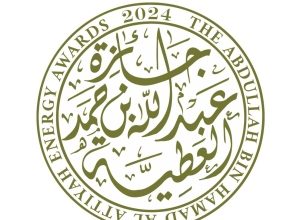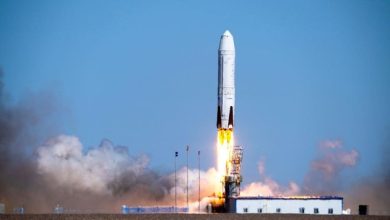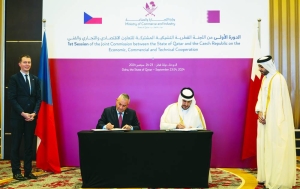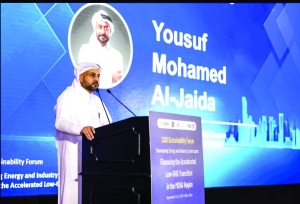News Digest: Foreign Media on Сonsultative Meeting of Central Asia’s Presidents in Astana, Moon Base and More
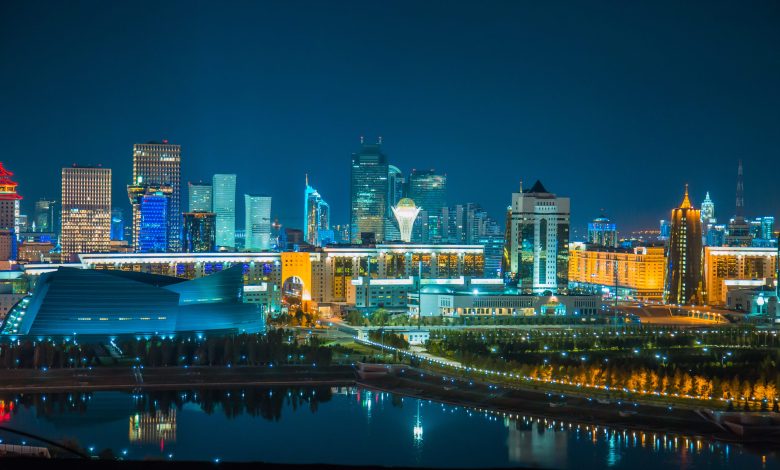
ASTANA – The Astana Times has picked a selection of articles on Kazakhstan featured in international media across the world this week. Today’s foreign media digest includes topics such as the sixth consultative meeting of Central Asia’s Presidents in Astana, Kazakh-Chinese incentive to build a moon base and more.
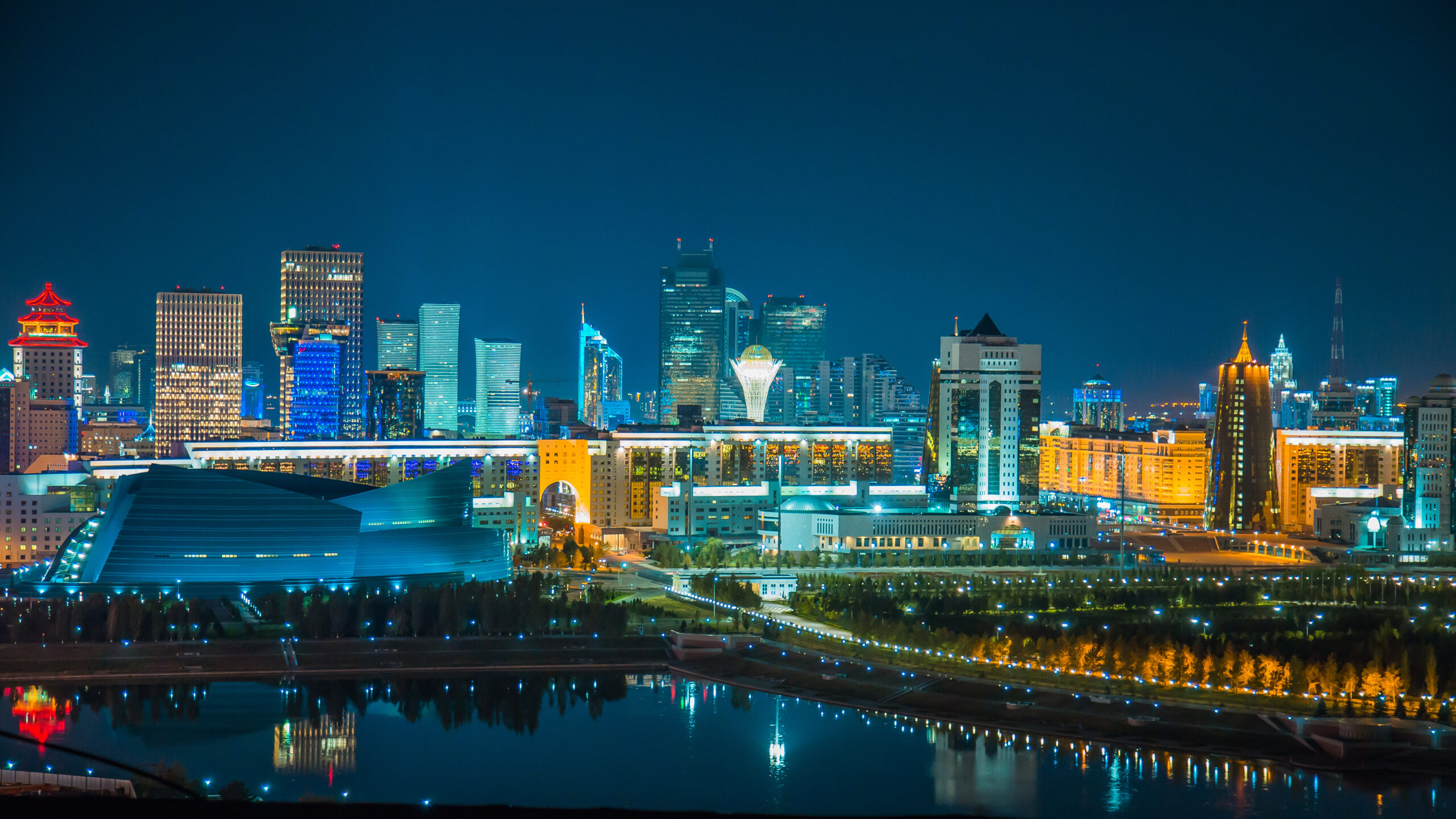
Photo credit: Shutterstock.
Continuity and change in the new cycle of Central Asian consultative meetings
The Diplomat released an article on Aug. 13 focusing on key takeaways from the sixth consultative meeting of Central Asia’s presidents, which took place in the Kazakh capital on Aug. 9.
“The sixth consultative meeting in Astana featured several positive aspects, not the least of which was the continuation of such gatherings among the Central Asian presidents. (…) During the meeting, the presidential speeches all featured the usual pattern of advancing very general proposals in several fields, such as agriculture, industry, connectivity, and energy, together with very specific, and innovative, suggestions,” the article reads.
The new ideas ranged from the creation of a Central Asian TV channel or a news internet portal, as Kazakh President Kassym-Jomart Tokayev emphasized, to developing new effective forms of cooperation in the field of security, although admittedly in a very vague form, as proposed by Tajik President Emomali Rahmon and Uzbek President Shavkat Mirziyoyev, according to The Diplomat.
Kazakhstan President chairs meeting to review economic situation
Kazakh President Kassym-Jomart Tokayev on Thursday chaired a meeting focusing on the economic and social development of the country as well as the government’s projections for the medium term at the Akorda presidential residence, reported We News on Aug. 15.
“The Kazakh President during the meeting was briefed about the key indicators of the social and economic development, execution of the budget in seven months of this year as well as the macroeconomic parameters of the budget for the next fiscal year. It was noted that the government predicts the economic growth to stay at 5.6% as well as an inflation slowdown to 5.5-7.5% for the next year,” the article notes.
Kazakhstan hosts sixth meeting of heads of Central Asian states
Anadolu Ajansı published an article on Aug. 9 reporting on the sixth consultative meeting of Heads of State of Central Asia in Astana.
Kazakhstan’s President Kasym-Jomart Tokayev emphasized that the regularity of these meetings demonstrates the commitment of the participating nations to strengthen centuries-old bonds of friendship and further expand multifaceted cooperation. He urged the participants to develop a shared vision for the region’s future, particularly in light of global tensions, the article reads.
“Through joint efforts, significant progress has been made in the development of our format since the first meeting in Astana in 2018. The outcomes of the past five summits, where important decisions to deepen regional cooperation were made, are clear evidence of this,” said Tokayev.
Presidents from the Kyrgyz Republic, Tajikistan, Turkmenistan, and Uzbekistan attended the meeting. Azerbaijan’s President Ilham Aliyev and Head of the UN Regional Center for Preventive Diplomacy for Central Asia Kakha Imnadze also attended the summit as distinguished guests.
Thai Commerce Minister leads trade mission to Kazakhstan
Caretaker Commerce Minister Phumtham Wechayachai departed for Kazakhstan on Aug. 13 on a mission to explore new opportunities for Thai products, reported Bangkok Post on Aug. 16.
Phumtham said Kazakhstan is a key trading partner of Thailand and could serve as a gateway for Thai exporters to send goods to other countries in Central Asia and the Eurasian Economic Union (EAEU). On Aug. 14, Kazakh Minister of Trade and Integration Arman Shakkaliyev and Phumtham signed an agreement on trade and economic cooperation. The pact aims to develop bilateral economic relations on a long-term basis.
Kazakhstan and China collaborate to build moon base: A new era in space exploration
EU Reporter spoke about Kazakh-Chinese initiative to create a moon base and Kazakhstan’s growing space ambitions in its Aug. 14 article.
“In a groundbreaking development that could redefine the future of space exploration, Kazakhstan and China have announced a joint venture to establish a lunar base. This partnership marks a significant step forward in the global space race, reflecting both countries’ ambitions to be at the forefront of space exploration and technological innovation. The collaboration also underscores the growing influence of non-Western powers in the domain of space, historically dominated by the United States and Russia,” the article reads.
The idea of establishing a base on the Moon has long captivated the imaginations of scientists, engineers, and space enthusiasts alike. Such a base could serve as a stepping stone for deeper space exploration, including potential missions to Mars and beyond. It could also provide a unique platform for scientific research, resource extraction, and even tourism.
For Kazakhstan and China, this joint venture is not just about exploring new frontiers but also about asserting their technological prowess and geopolitical influence. As China continues to expand its presence in space through the China National Space Administration (CNSA), Kazakhstan sees an opportunity to leverage its strategic location and growing expertise in space technology to become a key player in the global space arena.
Middle Corridor сontainer transit through Kazakhstan showing dramatic growth
Kazakhstan’s national railways company Kazakhstan Temir Zholy (KTZ) has announced that the volume of container transportation through the country is growing rapidly. In the first seven months of this year, rail container transportation from China to Europe through Kazakhstan along the Trans-Caspian International Transport Route (TITR) grew 14-fold compared to the same period last year, reported the Times of Central Asia on Aug. 14.
The TITR is a multimodal transport corridor connecting China and Europe by bypassing Russia, also known as the Middle Corridor. To develop it, Kazakhstan Temir Zholy, together with other stakeholders, is working to increase transportation volumes, improve services, and speed up cargo delivery.
To date, the transportation time from Altynkol railway station on the Kazakh-Chinese border to Absheron (Azerbaijan) has been reduced to nine days, to Poti/Batumi (Georgia) to 12 days, and to Constanta (Romania) via Poti/Batumi to 20–22 days.
Kazakhstan President calls for Central Asia renaissance as an Asia-EU bridge
Euractiv released an article on Aug. 13 reflecting on Kazakhstan President Kassym-Jomart Tokayev’s opinion piece dubbed The Renaissance of Central Asia: Towards Sustainable Development and Prosperity.
Tokayev has called for Central Asia to position itself as a link between Asia and Europe and as a separate regional actor in international relations.
The Kazakh President argues that the region has acted “as a single geopolitical and spiritual arena, endowed with significant natural resources, substantial human capacity, and an infinite cultural and historical heritage”.
While the Central Asian republics (Kazakhstan, the Kyrgyz Republic, Tajikistan, Turkmenistan, and Uzbekistan) were forecast to become “failed states” on account of the many modernisation challenges they faced, President Tokayev said “the nations of the region have proven their worth” and taken their “deserved place” in the international community.


